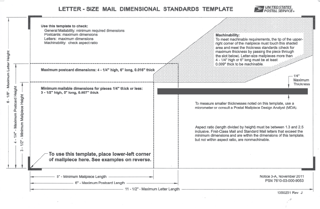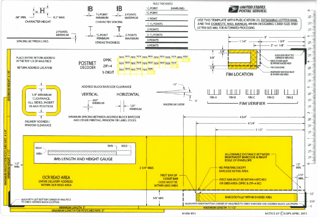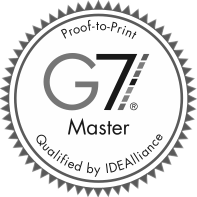There’s no denying it: the United State Postal Service is complex and direct mailers who can navigate the system will have the advantage. That’s why our team of mailing experts and designers take postal education and compliance seriously. It allows our marketing and design clients to focus on what they do best—and leave the postal details to us!
That being said, knowing a few critical mailing rules can save you some headaches down the line. So we thought we’d share a few lessons we learned at a recent Mailpiece Design Consultant certification.
- The Order of the Address Block Matters
One of the most common questions we get from clients when they review mailing proofs regards the order of information in the address block. They’ll question why we put the title before the company line. It seems out of order because people read from the top down and left to right. However, the USPS processing equipment reads information from right to left and from the bottom up.
So while you can change the order of ancillary information like job titles and departments, it is not recommended—particularly if you want your mailing to be machinable and qualify for automation discounts. For more info on the automation discounts available download our 2018 Commercial Postal Rates Sheet.
 The green address block follows proper USPS addressing guidelines.
The green address block follows proper USPS addressing guidelines.Here are some additional guidelines to ensure address block compliance:
- Have a uniform left margin
- Use standard post office abbreviations (Ste, Ave, etc.)
- For foreign delivery, the country should always be on last line
- Use a sans serif font between 8 pt and 18 pt, although 12 pt uppercase is preferred
- Characters should not touch one another and should not be separated by more than .005"
- Be Prepared for the “Tap Test”
If you’re mailing using a window envelope, you need to make sure you can pass the “tap test.” The address block and any barcode information in your address block must remain in the window without getting jostled around. If not, you risk postal equipment not being able to read the address and your piece being undeliverable.
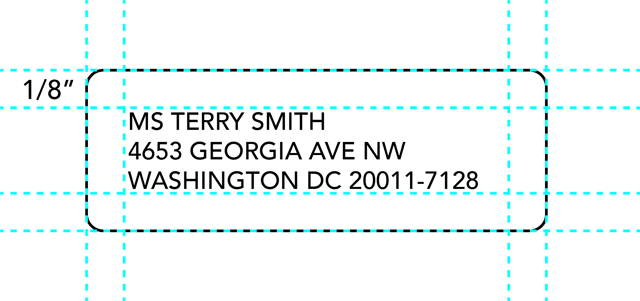
For window envelopes, the primary requirement is to keep the address and barcode at least 1/8" from the edges of the window.
Staying within these guidelines is preferred but it’s always best to perform a tap test for good measure.
- Understand Marketing Mail Eligibility and Available Postal Discounts
Unless you are eligible for non-profit prices, USPS Marketing Mail (formerly Standard Class) generally offers the most economical rates for letters, flats, and parcels. But not every mailing is eligible for USPS Marketing Mail. To qualify, your mailing must:
- Include at least 200 pieces or weigh 50 pounds
- Have a uniform processing category (all letters, flats, etc.)
- Weigh less than 16 ounces per piece
- Be paid for using a meter, pre-canceled stamps, or a permit imprint
In addition to the guidelines above, the use of Marketing Mail is also dependent on your timeline. Marketing Mail delivers within 2-9 days depending on the distance; however, the time frame is not guaranteed by the USPS. Priority Mail Express is the only money-back guarantee service offered by USPS (excluding December 22–25).
Direct mail campaigns can also qualify for additional automation discounts when the mailpiece is prepared properly. This can mean different things for each class of mail, but in general automation mailings need to be machinable (meaning they can be processed on postal equipment without employee intervention) and include an Intelligent Mail Barcode (IMb). Beyond that, mailers are eligible for additional discounts based on geographic saturation and where mail enters the postal stream. Our MDCs and variable data specialists can help you qualify for the best postal discounts available.

- Machinable vs. Non-Machinable
As we mentioned above, ensuring that your mailpiece is machinable is one of the first steps to getting automation discounts. But what makes direct mail machinable? Like most of the USPS rules, it depends on the class of mail and physical shape requirements (see charts below).
However, here are some basics to ensure that your next mailer is machinable for First Class and Marketing Mail (the two most common classes for direct mailers):
- Maximum weight of 3.5 oz
- Be made of good quality white or light-colored paper
- Contain no sharp or bulky items
- Be sealed securely
- Contain an IMb
- Adhere to the physical standards for each class below:
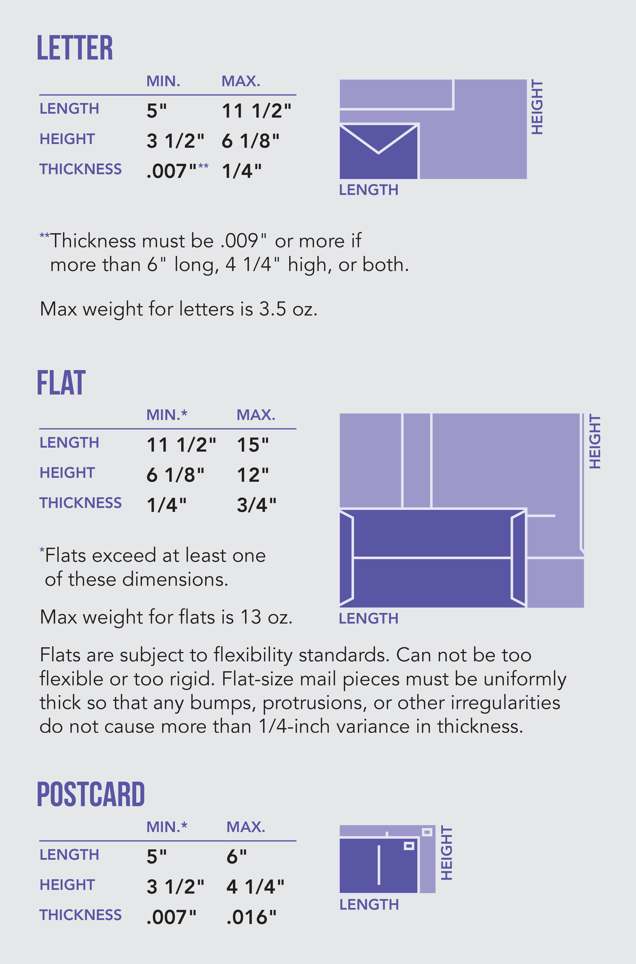
Additionally, each class of mail has the following minimum piece counts to qualify for automation discounts:
- First Class: 500 pieces
- Marketing Mail: 200 pieces (or 50 lbs)
- Follow Mailpiece Clear Zones and Printing Guidelines
When designing your next bulk mailing, it is crucial to ensure the design adheres to dimensional standards and clear zones. Make sure your graphic designer has access to the following USPS templates to be used as layers in your InDesign file.
USPS also recommends the following printing guidelines for machinability and automation:
- Use a sans serif font for all address information
- Use paper stocks that have enough opacity to prevent “show through”
- Avoid design elements that interfere with the address information or barcode area
- Ensure that there is enough contrast between background colors and the ink color used for the address and barcode information
These five lessons cover a small slice of what our Mailpiece Design Consultants and variable data specialists focus on every day. So if you’re looking for recommendations on your next mailer, don’t hesitate to reach out. We’ll guide you through the process and do our best to make it as simple as possible!


